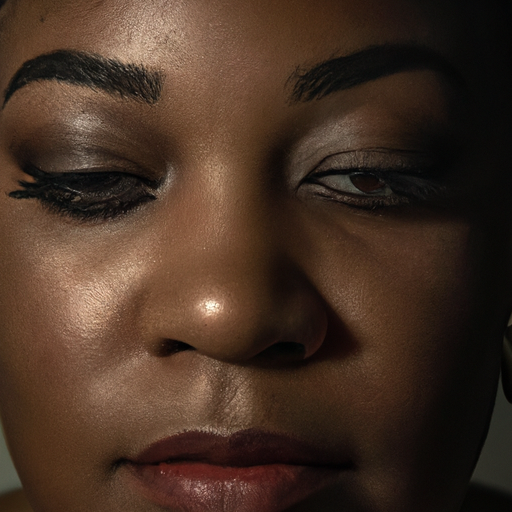As a dermatologist, I encounter numerous patients with sensitive skin, a condition characterized by reactions such as redness, itching, burning, and dryness. Sensitive skin can be caused by various factors, including genetics, environmental elements, excessive exposure to sun or wind, and even certain skincare products. If you’re one of those individuals who struggle with sensitive skin, here are eight essential tips to help you nurture your skin and keep it healthy.
1. Identify Your Triggers: The first step in managing sensitive skin is identifying what triggers your skin reactions. Common triggers include harsh soaps, fragrances, certain fabrics, and environmental factors like wind and sun. Once you’ve identified your triggers, you can take steps to avoid them.
2. Choose the Right Skincare Products: Not all skincare products are created equal. For sensitive skin, look for products labeled “hypoallergenic,” “for sensitive skin,” or “fragrance-free.” These products are less likely to contain ingredients that can irritate your skin.
3. Moisturize Regularly: Moisturizing is crucial for sensitive skin. It helps to maintain the skin’s natural barrier, preventing irritants from penetrating the skin. Opt for a moisturizer that is free from fragrances and other potential irritants.
4. Limit Sun Exposure: Excessive sun exposure can cause significant damage to sensitive skin. Always apply a broad-spectrum sunscreen with an SPF of at least 30 before going out in the sun. Also, try to avoid the sun during peak hours when the UV rays are strongest.
5. Stay Hydrated: Drinking plenty of water helps keep your skin hydrated from the inside out. This can help reduce dryness and irritation.
6. Avoid Hot Showers: Hot water can strip your skin of its natural oils, leading to dryness and irritation. Instead, opt for lukewarm water when showering or washing your face.
7. Adopt a Healthy Diet: What you eat can also affect your skin. A diet rich in fruits, vegetables, lean proteins, and healthy fats can help maintain your skin’s health and reduce sensitivity.
8. Consult a Dermatologist: If your sensitive skin symptoms persist despite your best efforts, it may be time to consult a dermatologist. A dermatologist can provide personalized advice and treatment options based on your specific skin type and concerns.
In conclusion, nurturing sensitive skin requires a combination of careful product selection, lifestyle changes, and professional advice. Remember, everyone’s skin is unique, so what works for one person may not work for another. It’s essential to listen to your skin and adjust your skincare routine as needed. With patience and consistency, you can manage your sensitive skin and keep it healthy and glowing.



